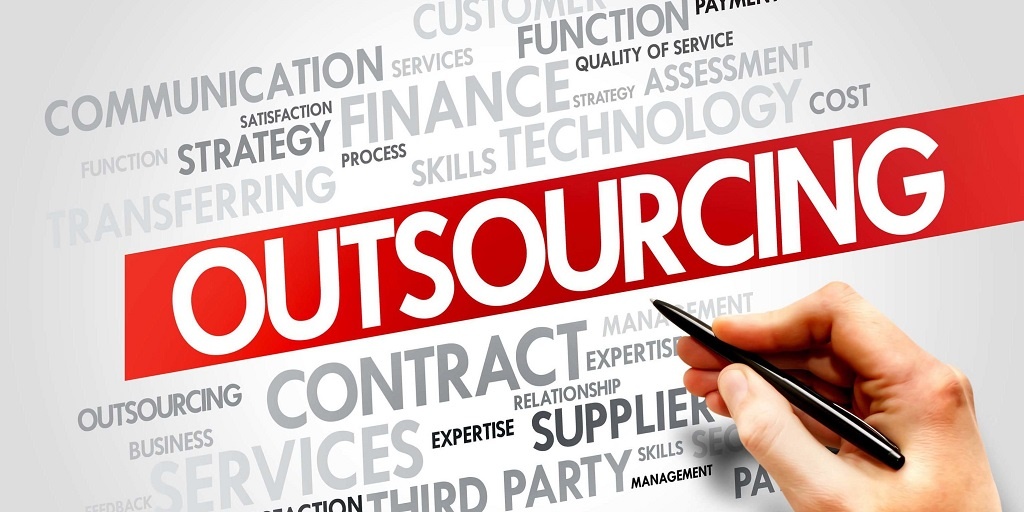
Offshore Software Development is considered to be one of the most effective ways to boost the quality standards of a project while ensuring consistency through it all. To get a better understanding of this trend within the development field, we’ve compiled a brief guide about offshore software development.
What is Offshore Software Development?
Offshore software development is synonymous to outsourcing. To technically define the same, offshore software development is defined as the outsourcing of a software-based project to a third-party entity which is situated in a remote location off the shores of the first-party’s nation of residence.
Benefits of hiring offshore software development company
Offshore software development has been on a successive growth in popularity given its innumerable pros that outweigh most of its cons. Some of the aforementioned pros are as follows:-
- Increased Focus on Core Values – Offshore software development allows you to outsource the less significant modules of your program to the third-party developer which enables you to focus more on the core values and functions of the software.
- Enhanced Delivery Speed – Through the contribution of the third-party developer, the rate of progression is enhanced exponentially and allows for better delivery speed, all the while maintaining or even increasing the service quality of the program.
- Easy Scalability – Offshore software development allows you to efficiently scale up and down if there’s a sudden increase or decrease in a client’s demands. Developing the program exclusively within the first-party headquarters makes it increasingly difficult to hire and train developers if there’s ever a need for more features that are to be implemented within the program. With offshore software development, one can easily outsource to a few extra offshore developers, if the need arises.
- Reduced Resources Cost – With offshore software development, you do away with the requirement to constantly purchase supplies and other resources to give your employees the ideal working conditions. When you outsource to offshore developers, the above mentioned requirement doesn’t come into play.

- Increased Potential – As the third-party developers handle the desired modules of the project for you, it makes room for you to brainstorm to add any extra features or enhance the already existing ones. This gives the entire project a better potential to end up as a high-quality product.
- No Training Programs Required – Since the third-party developers are usually experienced professionals, you don’t need to walk them through a detailed training program to make them capable of developing to your pre-existing standards. This drastically saves on time, money and also on other resources.
- Reduced Risks – Given that you choose the appropriate offshore developers, there is a reduced rate of error seeping in during any of the phases of development. This allows to greatly reduce risks and also, allows for you to efficiently handle any error that might find its way into the program.
Best practices for offshore software development
Offshore software development works for those who have defined processes and practices. Here is a simple, actionable list to help you manage the project better.
- Size
To get the best results one need to select an offshore service provider that matches the size of their project. A medium-sized project should be handed over to a med-sized service provider. Similarly, if a large project is given to a small service provider the result can be devastating as they might not be able to handle in terms of skills or resources.
Instead of creating one large team of developers, it’s better to create smaller and highly skilled teams for each department/module. Smaller team would mean better communication and management ensuring better outcome. Offshore dedicated software development center could be a good choice as the team would be more committed to your projects.

- Interaction
More frequent interaction with the offshore software development team often yields better results. Regular updates are ideal for both large and small projects. This is important because updates can quickly identify differences in expectations between the two teams before they turn into big problems.
Meetings through video-conferencing (many free tools are available) is more interactive, interesting, fun and fruitful. Both the team feels better when they see each other as they can see with & for whom they are working.
- Project management methodology
Just like frequent communication, documentation is also very important. Good documentation serves an important purpose, it confirms mutual understanding of expectations. When both the teams agree to the final documentation, there is a mutually agreed upon reference point for the project. While it takes more time to plan & prepare the documentation, the results are rewarding as you end up with a project that is closer to client’s expectations. To know more about requirement elicitation in software development visit
https://www.aapnainfotech.com/requirement-elicitation-software-development/
Similarly, to manage offshore software development properly, it is important to track progress using proper tracking tools. There are many tools available, so choose according to its features, performance and popularity.
To Conclude,
Offshore software development greatly enhances the overall efficiency of the software development cycle by employing trained professionals to assist you through the development process. The rapidly growing offshore development industry justifies its growth through the pros that are mentioned above.
Other Related Articles You Might Be Interested In
5 Latest Trends In Software Technology
Software Development Outsourcing: 5 Key Reasons To Outsource
The Importance of Requirement Gathering in Software Development Projects
Are you planning to outsource your software requirements? Check out a brief guide on challenges of outsourcing & how to overcome the same: https://www.aapnainfotech.com/challenges-of-outsourcing/









